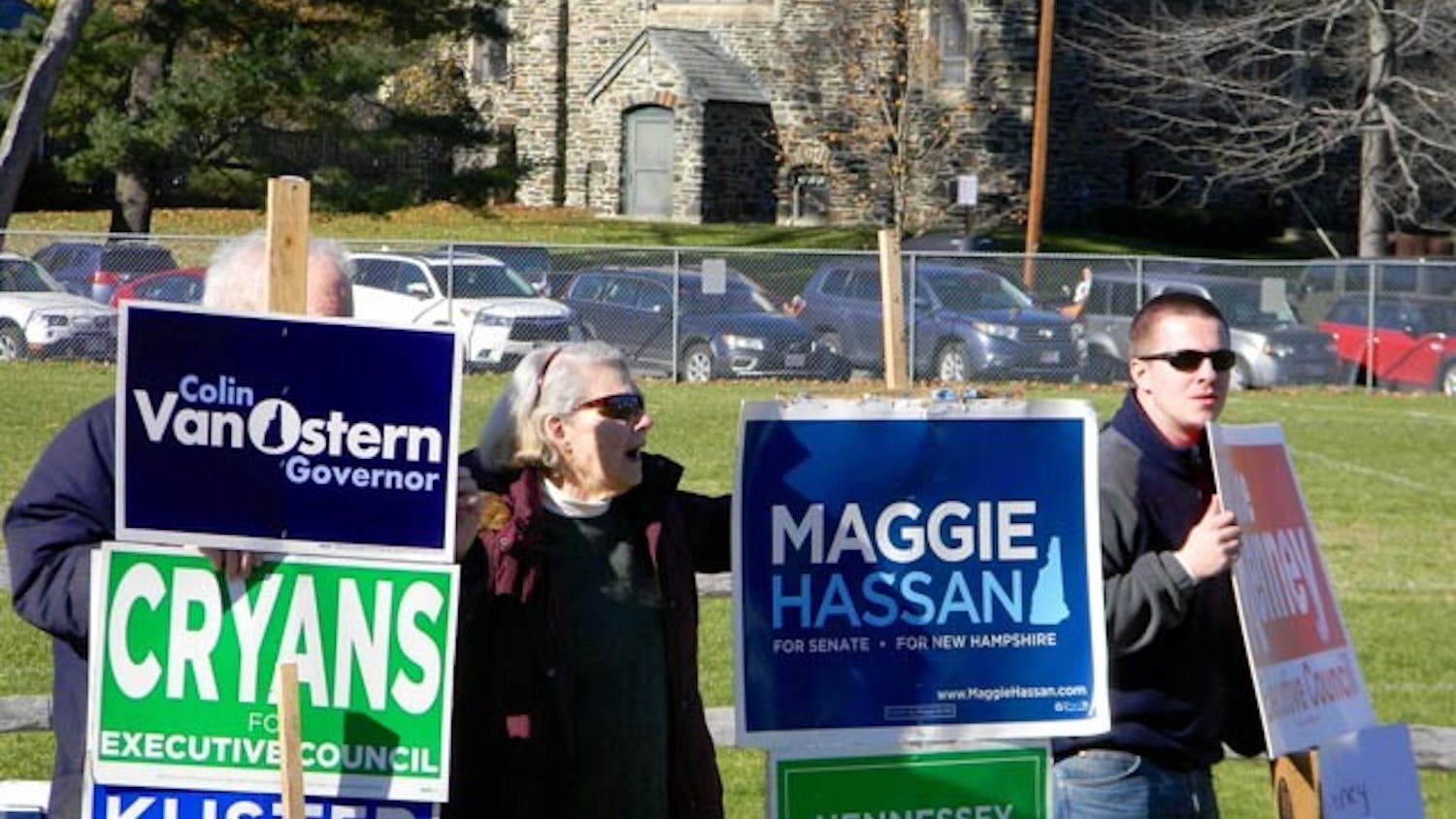“Vox clamantis in deserto,” or, “A voice crying in the wilderness,” is Dartmouth’s motto, which takes hold in the hearts of those who have graced its campus. Our curricula and our extracurriculars are tailored to help develop this strong voice — the same one we should be using to speak out against injustices and rally support for the issues we are passionate about.
“The Global Week for Future” occurred from Sept. 20-27, and the Dartmouth community’s lack of action did not uphold our motto. Marches and peaceful protests were held around the world, all in the name of joining together as a unit against climate inaction. Most university campuses participated in this event — McGill University, for example, saw 3,000 students joining the 500,000 person Montreal climate march. As the world lit up in passion and came together, why did Dartmouth remain silent? If the College is to remain a top-tier institution and attract a global audience, it is essential that we increase large-scale student activism on campus.
Large-scale student activism offers us a chance to take leadership roles in issues the Dartmouth community cares deeply about. For example, Dartmouth students had the opportunity to lead a climate march on campus at an environmentally conscious school where our student body is engaged in solving a variety of environmental issues. It is even more shocking, then, that Dartmouth remained silent amid worldwide climate marches. Was it for fear that our voices would not carry beyond the pine trees?
When we do not engage in global events, such as the Global Week for Future, we are creating a student body that is passionate toward these issues but apathetic in practice. Our distance from policymakers and from hubs of political action and issue-oriented protest can make us feel like campus protests on the Green are insignificant. But if that is the attitude we take on, we will become desensitized to others’ pain, and we will forget that many of the current crises affect a large segment of our campus population.
Dartmouth students have previously demonstrated solidarity with world events and crises. In the spring of 1969, students occupied Parkhust Hall, the office of the College’s president, in protest of Dartmouth’s ROTC program, which students believed to indicate a wider support for the Vietnam war from Dartmouth’s administration. Nearly two decades later, protests against Apartheid and the College’s holdings in South African businesses — which included constructing shantytowns on the Green — received national attention.
Dartmouth has a history of large-scale student activism yet in comparison to other campuses, the College falls short. While some may blame this on the College’s remote location, this factor should necessitate more issue-oriented events held on campus. It is precisely our distance from population centers that makes Dartmouth a polarizing university choice: When deciding on a university, young adults want to remain invested in the news and participate in the defining movements of our century and for this reason, many students want to be close to metropolitan areas.
For potential Dartmouth students, a silent campus on a day when many universities around the globe marched for climate could be a deterrent to attend or even apply. Dartmouth students are learning to make change and the community should foster that growth. Just because we are isolated does not prevent large-scale student activism from being impactful.
Perhaps most importantly, large-scale student activism promotes cohesion between the student body as well as the larger Dartmouth community. Passion for an issue or solidarity for a group of people, are uniting forces. Hundreds of examples from history are a testament this rule: Coming together in times of trial joins people together and can be a source of great healing and encouragement. Why face strife alone?
A push for large-scale student activism should not undermine the work that many Dartmouth students are doing to change the world. We are all issue-oriented in our own way, and Dartmouth students do truly care.
But we must remember that, while we are tucked away in the middle of the New Hampshire woods, the world is watching. Dartmouth has a reputation as a globally connected and forward-thinking institution. We cannot risk hypocrisy by remaining silent as the world raises its voice. In increasing our large-scale student activism, our student body will learn to lead, and we will become closer in solidarity.



